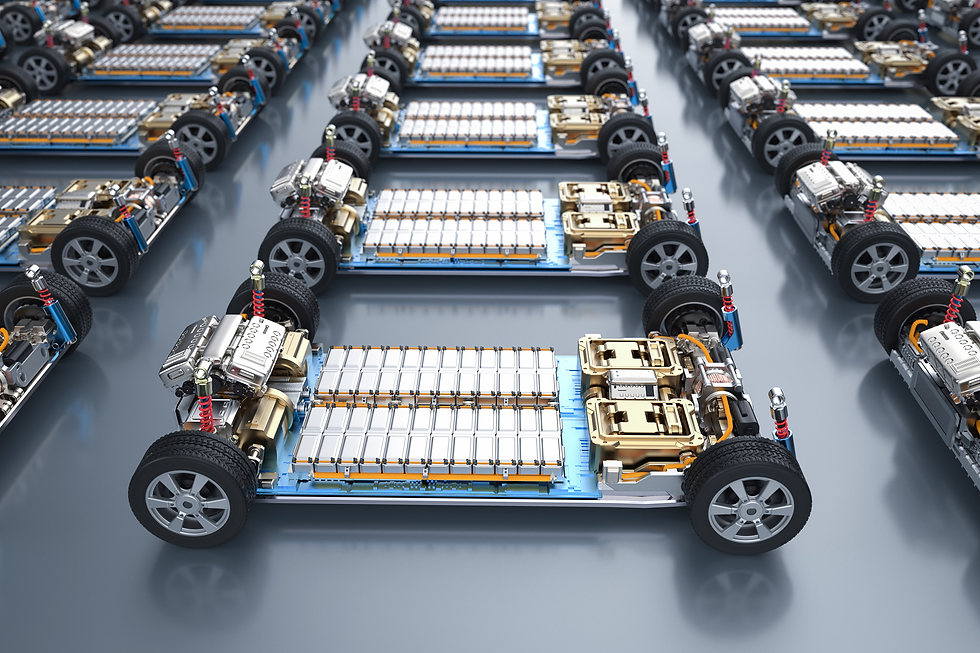The Road Ahead: Electric Vehicles and the Future of Electric Power
- 1881 Software

- Sep 28, 2023
- 2 min read

The automotive industry is at the cusp of a revolution, one driven by a commitment to sustainability and a shift towards cleaner energy sources. Electric vehicles (EVs) are no longer a futuristic dream but a tangible reality that is reshaping the way we think about transportation and the future of electric power. In this blog post, we will delve into the world of electric vehicles and explore the promising future they hold for the electric power sector.
The Rise of Electric Vehicles
Electric vehicles, or EVs, have come a long way since their inception. While the concept of electric cars dates back to the 19th century, it's only in recent years that they've gained significant traction. The growing awareness of environmental issues, advances in battery technology, and a commitment to reducing carbon emissions have all played a crucial role in the EV boom.
Benefits of Electric Vehicles
Reduced Emissions: Perhaps the most compelling argument for electric vehicles is their eco-friendliness. Unlike traditional internal combustion engine vehicles, EVs produce zero tailpipe emissions. This shift to cleaner transportation is a critical step in combatting climate change and improving air quality.
Lower Operating Costs: EVs are more energy-efficient and have fewer moving parts compared to traditional vehicles. This means lower maintenance costs and significant savings on fuel, as electricity is generally cheaper than gasoline.
Silent Operation: Electric vehicles are known for their quiet and smooth operation. This not only enhances the driving experience but also contributes to reduced noise pollution in urban areas.
Energy Independence EVs can be charged from various sources, including solar panels and wind turbines, promoting energy independence and resilience in the face of power outages or fuel shortages.
The Future of Electric Power
Electric vehicles are not just changing the way we drive; they are also reshaping the energy landscape. Here's how they are influencing the future of electric power:
Increased Demand for Renewable Energy: As the adoption of EVs continues to rise, there is a growing demand for clean electricity to charge these vehicles. This has led to increased investments in renewable energy sources such as solar and wind power.
Grid Integration: EVs can be seen as mobile energy storage units. Smart grid technologies are emerging to leverage the batteries in EVs to stabilize the electric grid, provide energy during peak demand, and even sell excess power back to the grid.
Charging Infrastructure: A robust and widespread charging infrastructure is crucial for the mass adoption of EVs. Governments and private companies are investing heavily in building a network of fast-charging stations, making EV ownership more convenient.
Vehicle-to-Grid (V2G) Technology: V2G technology allows EVs to not only consume electricity but also feed it back to the grid when needed. This two-way flow of energy enhances grid stability and can provide revenue opportunities for EV owners.
Electric vehicles are more than just a means of transportation; they represent a pivotal shift towards a cleaner and more sustainable future. As the EV market continues to grow, it will undoubtedly drive innovation and investment in the electric power sector. The future of electric power is intertwined with the electrification of transportation, and together, they hold the promise of a greener, more efficient, and more sustainable world. Whether you're a car enthusiast or an advocate for environmental conservation, the electric vehicle revolution is a journey worth following closely.




Comments